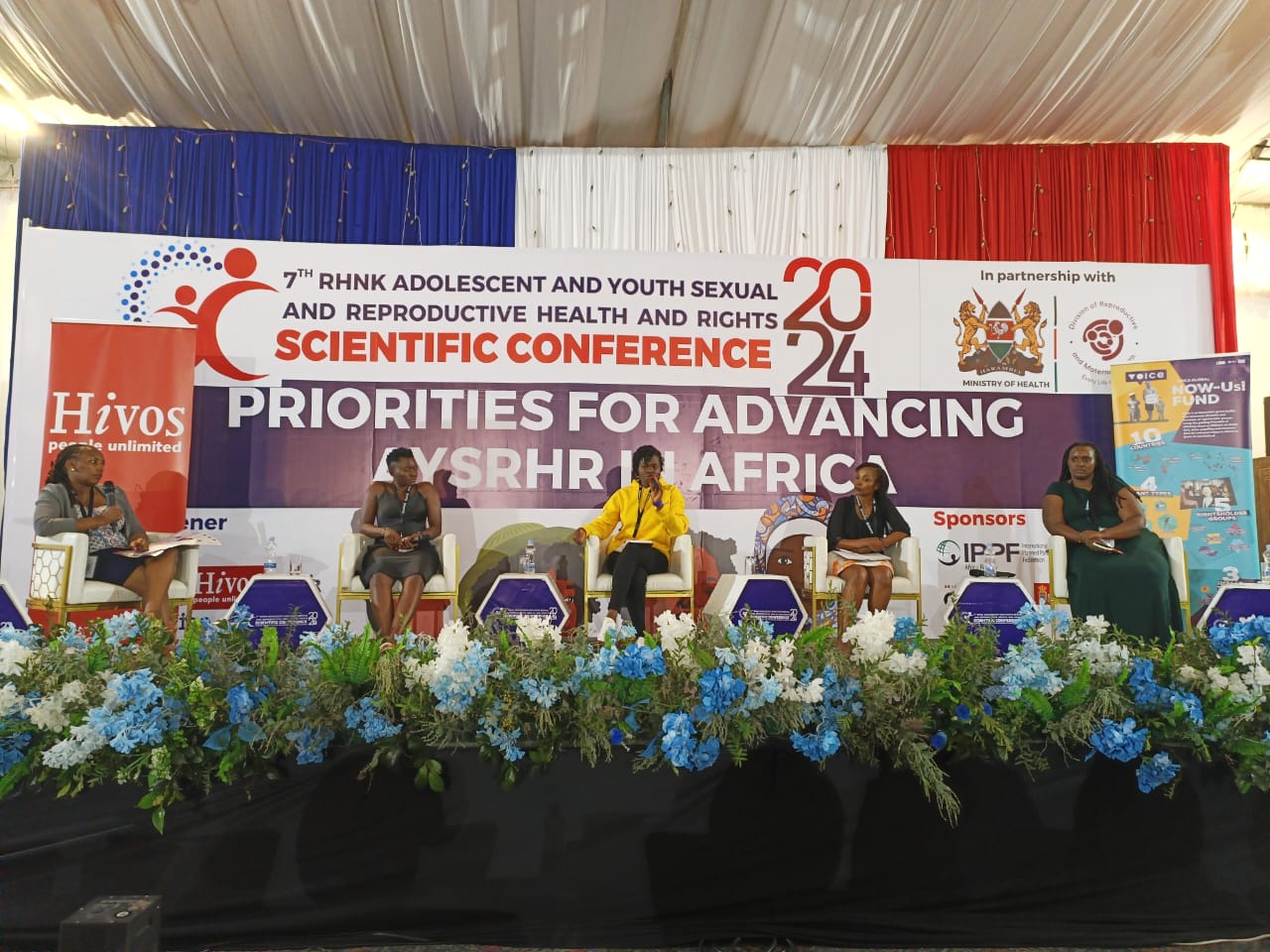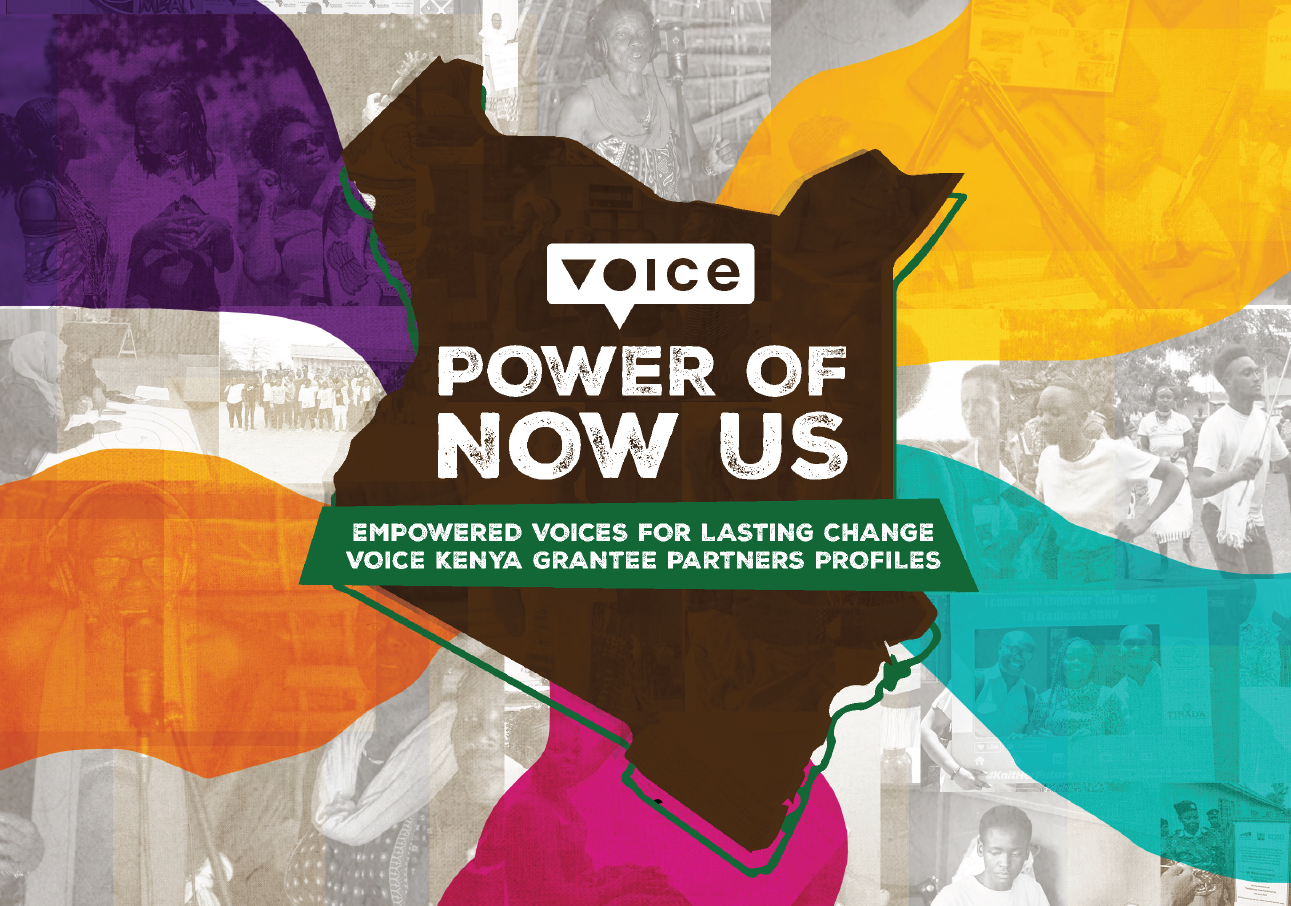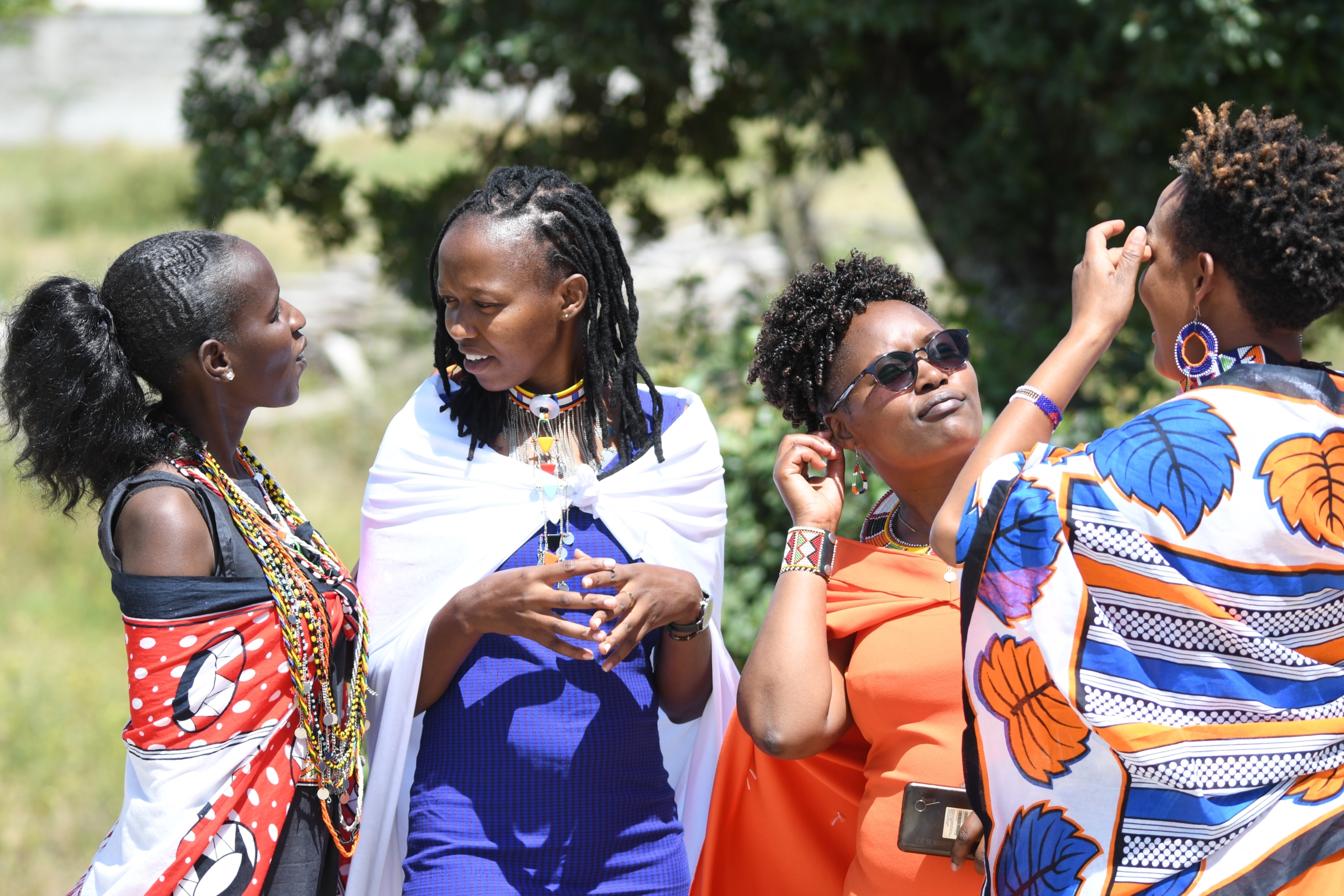WOMEN AND YOUTH IN THE AGE OF DEMOCRACY: THE KENYA GENERAL ELECTIONS PLAYERS
By Emma Mengo, Linking, Learning and Amplifier Officer in Kenya
Social Experiment; walk into any public space where there are a few people idling around or waiting for a service, any service, or better yet, hop onto a cab, a bodaboda, a bus or matatu plying any route in Kenya…sigh and in a slightly lower voice say ‘na hii Kenya….’ (directly translated to ‘this Kenya’, you do not have to finish that sentence, now sit back and watch people’s reactions and stay ready to receive unsolicited opinions about what Kenya means to different people. Most of these reactions stem from the actions (and inactions) of the governments that have been in power since independence and as a result the elections that have been held to put those governments in power.
The history of elections in Kenya is one marred by concentrated politics, dynasties, fake promises and an old (er) man aspirant (purely on the basis of the adage of the position that men hold in the system and the older the wiser mentality that continues to ravage African communities in which Kenya is not an exception. Women and youth have never been considered ‘fit’ to run for any elective positions in Kenya due to the ageist and sexist mentality.
Since 1969 when 7 women vied for elective positions and only the formidable Nya’Bungu was elected in Kisumu Town, the number of women vying for elective seats in the country has been rising and falling depending on the government of the day. The subsequent elections in 1974, 1979, 1983 and 1988 are testimony enough to this position. This number however started steadily rising during the 1992 and all other subsequent elections to date.[1]
The rise and rise of women in elective positions can be attributed to legal amendments, policy changes and the role that both governmental and non-governmental agencies have played and keep playing in empowering us women and equipping us with the skills, capacity and amplifying our voices to stand in the same stage as the historically favored (read men) and fight it out at the ballot.
The 2022 General Elections were of a special kind as they marked the 3rd elections since promulgation of the new constitution and the one where most women were elected into power in different positions and even the only elections post-CoK 2010 where a woman was statistically on the verge of becoming Kenya’s first female vice president.
This historical moment did not go unnoticed as local and international media alike flooded their platforms with the news. This victory did not come easy as these women faced violence, ridicule and lack of support in the process.
“…….the National Gender and Equality Commission said Kenyans elected 30 female MPs, up from 23 in 2017, seven female governors, up from three in 2017, and three female senators, the same number as in 2017. Reports showed that three out of four vice-presidential candidates were female, and double the number of women battled it out for gubernatorial seats compared with previous elections. In Nakuru County, Susan Kihika, an outgoing senator, unseated an incumbent male governor, with nearly twice the vote, and entrepreneur Tabitha Karanja, will take over Kihika’s senator seat. Elsewhere, Linet Chepkorir made history by becoming the youngest female MP at 24, in Bomet County.”[2]
I applaud the women who vied, but did not win, the women who vied, and won, the women who supported the women who vied by campaigning for them and voting for them. Women have been known to be the drivers of change and development and are the glue that holds communities together. As such, I am optimistic that having women at the helm of power, legal and policy influence has been a long time coming and is necessary.
[1] https://aceproject.org/ero-en/regions/africa/KE/kenya-kenya-election-history-1963-2013-the-kenyan
[2] https://www.theguardian.com/global-development/2022/aug/24/kenya-elections-bring-new-wave-of-female-leaders-to-the-fore








